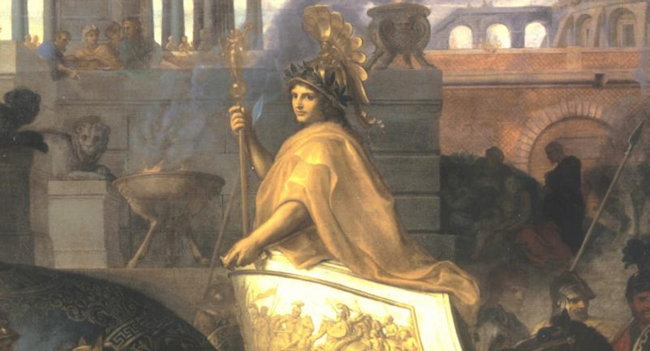
Every historian takes a crack at explaining why their area of expertise is important for today’s world. It is difficult to argue with Guy MacLean Rogers’s take on Alexander the Great from more than a decade ago.
In less than a decade Alexander conquered the Persian empire, the largest and most successful empire in the history of the ancient Near East. At the time of its greatest extension, the Persian empire today would subsume all or part of the modern nation-states of Turkey, Syria, Lebanon, Israel, Egypt, Iraq, Iran, Afghanistan, Pakistan, Turkmenistan, Uzbekistan, Tajikistan, and India. How Alexander managed to conquer and then govern a territory of such immense size and ethnic diversity in such a short period of time should be of interest not only to professional historians of warfare and imperialism; the tale is important to anyone who wishes to understand clearly the deep historical roots of the deadly conflicts that currently plague the lands he once ruled, and that threat to enflame the entire world. ((Guy MacLean Rogers, Alexander: The Ambiguity of Greatness(New York: Random House, 2004), xvi.))
Remarkably, Rogers published those words in 2004. Israel, Iraq, and Afghanistan were already dominating the news in the US. Since then, the world has seen the Arab Spring change leadership in Egypt, a deadly civil war explode in Syria, a historical nuclear deal reached between Iran and the major powers of the world, and ISIS form a caliphate in parts of Iraq and Syria.
Alexander’s conquest and empire are as relevant for today as they ever were.
